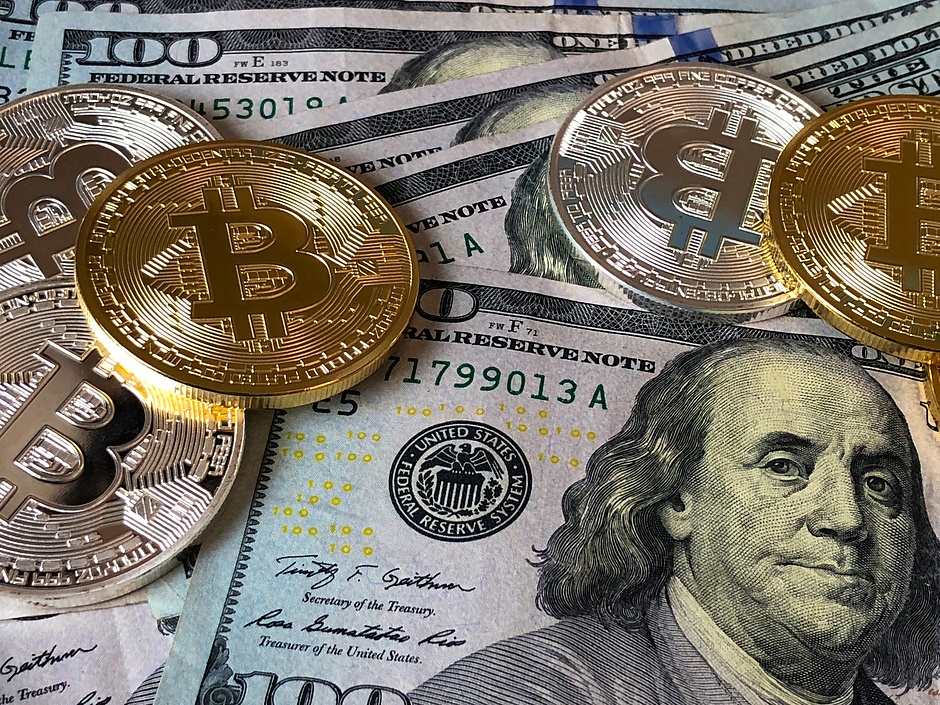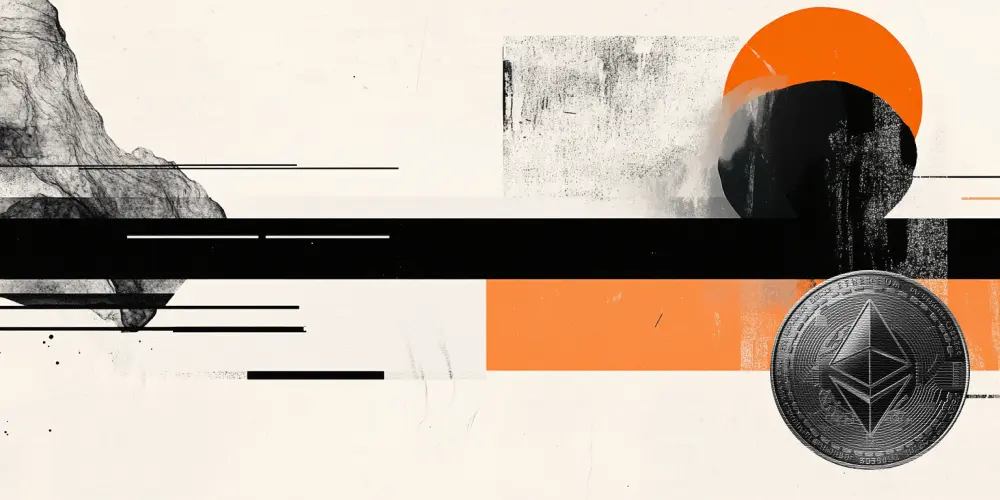Syria eyes Bitcoin legalization to revive war-torn economy

Syria plans to legalize Bitcoin and digitize its currency to stabilize its war-torn economy, attract investments, and navigate global financial challenges.
Syria is considering legalizing Bitcoin and digitizing the Syrian pound as part of an ambitious plan to stabilize its war-torn economy and attract global investments. Proposed by the Syrian Center for Economic Research (SCER), the initiative aims to address economic instability, inflation, and financial exclusion through blockchain technology and cryptocurrency adoption.
Years of war and economic mismanagement have devastated Syria’s economy, with the World Bank reporting a 60% economic contraction since 2010. The Syrian pound has dramatically lost value, and inflation has eroded public trust in traditional banking systems. In response, the SCER outlines a multi-pronged strategy that includes legalizing Bitcoin for financial transactions, trading, and mining, along with digitizing the Syrian pound using blockchain. This approach aims to stabilize the currency by backing it with assets like gold, US dollars, and Bitcoin. Additionally, Syria could harness its untapped energy resources for Bitcoin mining, focusing on sustainability and preventing monopolies.
Cryptocurrencies already have a presence in Syria, albeit often linked to controversial uses. Groups like Hay’at Tahrir al-Sham (HTS), a major opposition force, have reportedly used Bitcoin for funding. While the SCER’s plan seeks to legitimize and regulate crypto usage, concerns remain about potential misuse. The proposal emphasizes strict oversight by the central bank to ensure transparency, security, and accountability in cryptocurrency operations.
If implemented, Bitcoin legalization could offer Syria significant benefits. It would simplify remittances, a critical financial lifeline for millions of Syrians relying on money sent from abroad. Legalization could also attract international investors and partnerships, similar to El Salvador’s Bitcoin strategy, boosting the country’s financial ecosystem. Furthermore, allowing citizens to retain self-custody of their digital assets would enhance security and privacy.
The decentralized nature of Bitcoin offers Syria a chance to bypass international sanctions, which have restricted its access to global financial systems for years. This strategy mirrors measures taken by countries such as Russia, Iran, and North Korea, which have turned to cryptocurrencies to reduce the impact of sanctions. However, adopting this approach carries geopolitical risks and could invite further scrutiny from the international community.
Globally, there is a rising trend of exploring Bitcoin as a financial stabilizer. For example, Switzerland has been discussing adding Bitcoin to its national reserves to drive innovation. Similarly, Russian lawmakers have proposed building strategic Bitcoin reserves to bolster financial stability amid sanctions. These examples provide useful lessons for Syria as it prepares to enter the cryptocurrency landscape.
Despite its potential, the plan faces numerous challenges. Blockchain technology ensures transaction transparency, but creating effective regulations to prevent misuse will require time and resources. Ensuring that digital currencies support legitimate economic activities without enabling illegal transactions will demand strict enforcement and monitoring.
Building a robust digital economy also requires significant investment in infrastructure and cybersecurity. Moreover, Syria’s geopolitical situation complicates matters. Regional powers such as Russia, Iran, and Turkey are likely to play critical roles in the country’s economic recovery, but their long-term involvement remains uncertain. Neighboring nations like Lebanon and Turkey, which are also exploring cryptocurrency adoption, could either support or compete with Syria’s plans.
For the Syrian population, legalized Bitcoin could offer hope amid economic despair. Simplified remittance processes, increased financial transparency, and secure asset custody would directly benefit citizens. However, these advantages hinge on the government’s ability to enforce regulations and maintain transparency.
The SCER’s proposal, while bold and innovative, remains a high-stakes gamble. If executed successfully, Syria’s adoption of Bitcoin and blockchain technology could serve as a turning point, offering the nation a path to economic recovery, stability, and growth. However, without careful implementation, the plan risks deepening existing financial and geopolitical challenges.
Author

Jacob Lazurek
Coinpaprika
In the dynamic world of technology and cryptocurrencies, my career trajectory has been deeply rooted in continuous exploration and effective communication.




